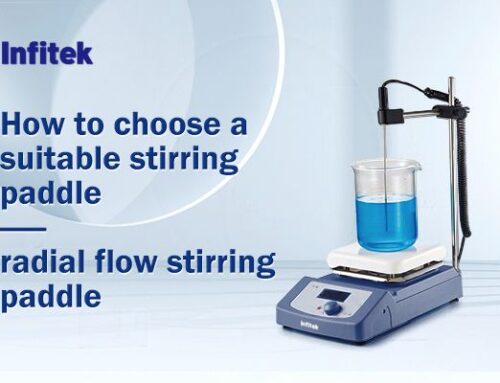Laboratory Water Purification: Essential Equipment for Scientific Excellence
In the dynamic landscape of laboratory research, the purity of water used in experiments is a critical factor influencing the reliability and precision of results. This blog post will explore the importance of laboratory water purification and the key water purification equipment needed to maintain the highest standards of purity.
1. The Significance of Laboratory Water Purification
Laboratory experiments demand a consistent and pure water source to eliminate potential contaminants that could skew results. Water impurities, ranging from microorganisms to various chemical compounds, have the potential to introduce variables that may compromise the integrity of scientific investigations. Therefore, the adoption of water purification measures is essential for ensuring the credibility of research outcomes.
2. Essential Laboratory Water Purification Equipment
a. Reverse Osmosis Systems (RO)
Reverse Osmosis technology is a cornerstone in water purification. RO systems utilize semi-permeable membranes to remove impurities, ensuring a high level of purity. These systems are effective in eliminating contaminants such as ions, microorganisms, and organic molecules.
b. Deionization Systems (DI)
Deionization systems employ ion exchange resins to remove charged ions from water, resulting in further purification. By exchanging positive and negative ions, these systems contribute to achieving the desired water quality.
c. Distillation Units
Distillation is a classic method for purifying water. Distillation units heat water to create steam, which is then condensed back into liquid form, leaving impurities behind. This process is effective in removing various contaminants, providing high-purity water.
d. UV Sterilization Systems
Ultraviolet (UV) sterilization technology utilizes UV light to deactivate microorganisms present in water. UV systems are crucial for ensuring the microbial safety of water used in sensitive experiments.
3. Applications in Various Scientific Fields
Laboratory water purification is indispensable across diverse scientific disciplines. Chemistry, biology, biochemistry, and analytical research all rely on purified water for procedures such as chromatography, spectrophotometry, and cell culture. The precision and accuracy of experimental results are directly linked to the quality of the water used.
In conclusion, laboratory water purification is a fundamental aspect of maintaining the integrity and precision of scientific research. By investing in essential water purification equipment like RO systems, DI units, distillation apparatus, and UV sterilization systems, laboratories can ensure a consistent supply of high-purity water, paving the way for groundbreaking discoveries and advancements in various scientific fields.




Get Social